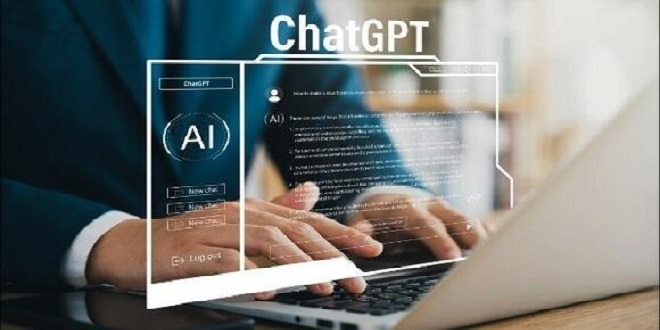
Science and technology have brought numerous benefits to the human race, with artificial intelligence (AI) being one of the latest innovations to make waves in the tech world. ChatGPT, a text-based AI bot, has garnered attention for its ability to fix coding bugs, generate recipes, create animations, and even compose songs. However, as AI continues to advance, concerns over its impact on cybersecurity are growing.
At recent security conferences, experts demonstrated how AI can be used to craft highly sophisticated phishing emails and spear phishing messages that are more effective than those created by humans. Researchers were able to generate emails that were customized to specific individuals by using AI-as-a-service products that analyzed personality traits. To the surprise of the researchers, the platform even automatically included specific details, such as a reference to Singaporean law, when instructed to generate content for people in Singapore.
ChatGPT’s makers have stated that the AI-driven tool has the built-in ability to reject inappropriate requests and challenge incorrect premises. While the system has guardrails to prevent criminal activities, it still managed to generate a near-flawless phishing email that sounded “weirdly human.”
This presents a significant challenge for countries, like the Philippines, that are highly vulnerable to phishing attacks. In response, the government has enacted the SIM Card Registration Act, which requires users to register personal information upon activation and purchase of a SIM card, in an effort to encourage responsibility and provide law enforcement with an identification tool.
According to Sean Duca, Vice President and Regional Chief Security Officer for Asia Pacific & Japan at Palo Alto Networks, the cybersecurity industry must be adequately resourced to fight AI-powered exploits. He emphasizes the need for effective governance and legal frameworks to establish greater trust in AI technologies, and for businesses to establish ethical corporate policies that improve cybersecurity.

The growing use of AI-powered attacks is driving the need for autonomous response technologies that can neutralize these threats without human intervention. However, as AI continues to evolve, businesses, governments, and individuals must increasingly rely on AI and machine learning to generate automated responses.
Finding the right balance between machines, humans, and ethical considerations will be key to navigating the AI cybersecurity landscape. Trust, transparency, and accountability are essential components of a successful and secure AI environment, and the delicate balance between AI and humans will be critical to achieving this.







